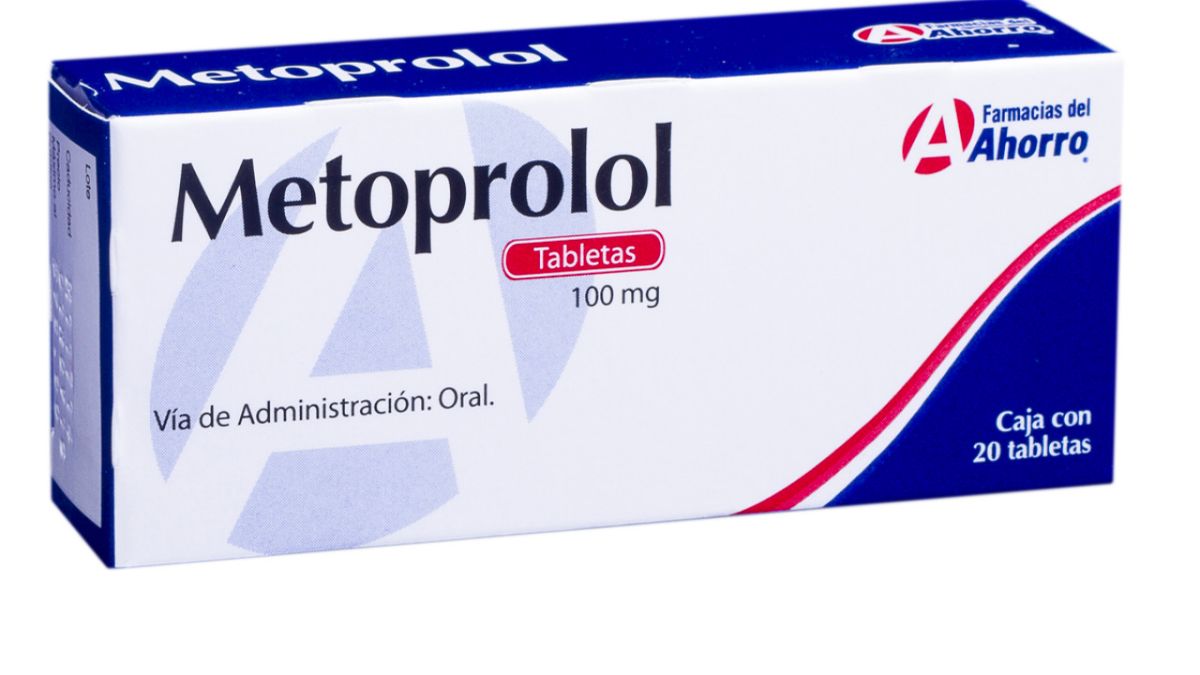Explore the safety of metoprolol during pregnancy with insights on its uses, warnings, and potential side effects. Learn about the crucial factors to consider for expectant mothers. Is metoprolol safe for pregnancy? Find comprehensive information here with mucusplug.net!
Is metoprolol safe for pregnancy?

Metoprolol, a medication commonly prescribed for heart-related issues, is generally considered safe for use during pregnancy. If you are already taking metoprolol to manage heart problems, it is probable that your healthcare provider will recommend continuing the medication throughout your pregnancy to ensure stable cardiac function.
However, it’s important to note that metoprolol may have potential implications for fetal growth. Consequently, your healthcare team may advise additional monitoring through regular growth scans, typically initiated from around 32 weeks gestation. These scans aim to closely observe and assess the development of your baby, ensuring that any potential impacts of metoprolol on growth are promptly identified and addressed.
As with any medication during pregnancy, the decision to use metoprolol should be made in consultation with your healthcare provider, taking into consideration the potential benefits and risks to both maternal and fetal health.
>Related post: Is red light therapy safe during pregnancy?
Why do I feel weird after taking metoprolol?
After ingesting metoprolol, a beta-blocker medication, it exerts its effects by inhibiting the action of adrenaline, a hormone that normally increases heart rate. By slowing down the heart rate, metoprolol modulates the circulation of blood throughout the body, causing a reduction in its pace.
This physiological adjustment, while beneficial for certain cardiovascular conditions, can manifest as a side effect in some individuals. Fatigue, commonly reported in 1 to 10% of cases, is one of the notable outcomes. The gradual transport of blood to the brain and other parts of the body may result in feelings of tiredness, making individuals experience an overall sense of weakness.
Additionally, drowsiness is another observed symptom, likely attributed to the altered cardiovascular dynamics induced by metoprolol. It is important to note that these side effects can vary among individuals, and consulting with a healthcare professional is advisable to address any concerns or to explore alternative medications if needed.
>Related post: Melasma during pregnancy boy or girl?
When should metoprolol be avoided?

Metoprolol, a beta-blocker medication, should be avoided in certain circumstances, and there are specific groups of individuals who may not be able to take it safely. First and foremost, if you have ever experienced an allergic reaction to metoprolol or any other medication, it is crucial to avoid its use.
Individuals with pre-existing low blood pressure (hypotension) or a slow heart rate should exercise caution with metoprolol, as the medication can further decrease heart rate and blood pressure, potentially leading to adverse effects.
Moreover, individuals with lung disease or severe asthma should be cautious when considering metoprolol, as beta-blockers may exacerbate respiratory issues in some cases. Additionally, those with metabolic acidosis, a condition characterized by an excess of acid in the blood, should avoid metoprolol due to potential complications.
In summary, it is essential for individuals to disclose their medical history and any pre-existing conditions to their healthcare provider before initiating metoprolol treatment. This information helps the healthcare professional determine whether metoprolol is a suitable option or if an alternative medication would be more appropriate for the individual’s specific health profile. Always consult with a healthcare professional for personalized advice and recommendations based on individual health circumstances.
Why is metoprolol a high risk drug?
Metoprolol, a beta-blocker medication, poses a heightened risk due to its potential to induce alterations in blood sugar levels, thereby warranting a closer examination of its pharmacological implications. Specifically, the administration of metoprolol has been associated with the capacity to influence blood glucose, potentially leading to fluctuations that may be of concern.
Additionally, this medication has the propensity to mask the telltale signs of low blood sugar, such as a rapid heartbeat. This masking effect not only complicates the timely identification of hypoglycemia but also elevates the potential for the occurrence of severe or prolonged episodes of low blood sugar, thereby accentuating the gravity of its risk profile.
Consequently, healthcare practitioners should exercise heightened vigilance and consider alternative therapeutic options, especially in patients susceptible to fluctuations in blood sugar levels or those with a pre-existing vulnerability to hypoglycemia.
>Related post: Can a yeast infection cause a false positive pregnancy test?
What is the most serious side effect of metoprolol?

The most serious side effect associated with metoprolol, a beta-blocker commonly used to treat conditions such as high blood pressure and angina, is the development of respiratory symptoms that may indicate potential lung problems.
It is imperative to seek immediate medical attention by contacting your doctor or calling the emergency helpline, 111, if you experience any of the following symptoms: sudden shortness of breath, wheezing, and a sensation of chest tightening. These signs may suggest a severe adverse reaction that requires prompt evaluation and intervention.
Timely medical attention is crucial to assess the extent of the respiratory distress and determine the appropriate course of action to ensure your well-being. Never ignore or delay seeking medical help if you encounter these symptoms while taking metoprolol, as addressing the issue promptly is essential for your overall health and safety.
What is a safer alternative to metoprolol?
When considering alternatives to metoprolol for the treatment of heart failure, it’s crucial to explore the specific characteristics of potential substitutes. Carvedilol and long-acting metoprolol emerge as notable options in this context, each possessing unique attributes that warrant careful consideration, especially in light of individual health conditions.
Carvedilol, for instance, stands out as a favorable alternative, particularly for individuals grappling with a weakened heart muscle or diabetes. This distinction stems from the nuanced pharmacological properties of carvedilol, which extend beyond its beta-blocking effects.
The medication not only helps regulate heart rate but also exhibits alpha-blocking properties, potentially offering additional benefits for those with compromised cardiac function. Moreover, the choice between carvedilol and long-acting metoprolol hinges on a comprehensive assessment of a patient’s overall health profile, ensuring that the selected medication aligns optimally with their unique medical needs and conditions.
>Related post: Gurgling water sound in belly during pregnancy (early & late pregnancy)
Uncover the nuances of metoprolol’s safety in pregnancy, weighing its uses and potential side effects. Empower yourself with essential knowledge and make informed decisions regarding metoprolol during this crucial period. Is metoprolol safe for pregnancy? Navigate confidently through the details for a healthier pregnancy journey.

